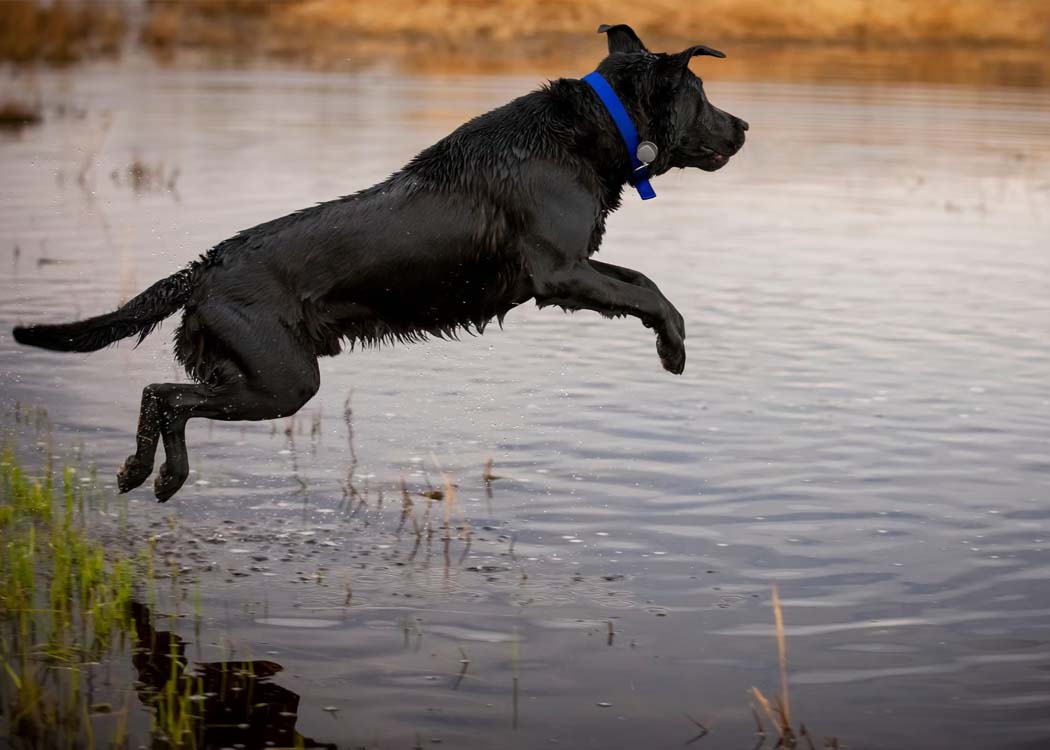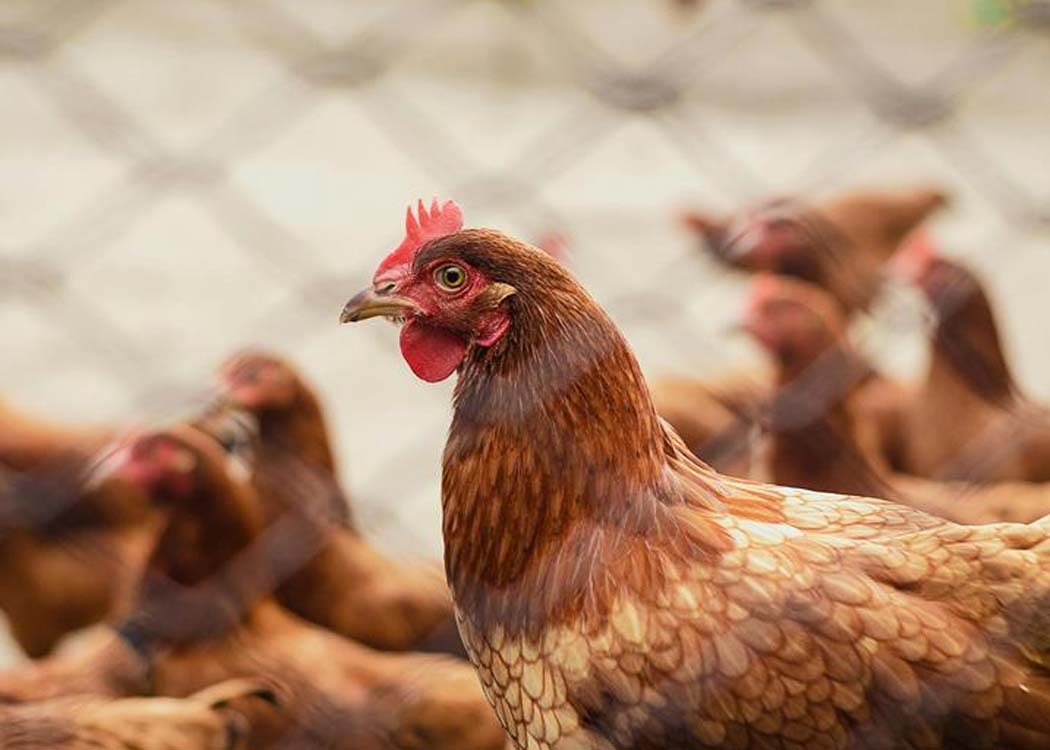BVA, BSAVA and other UK veterinary bodies advise against topical “spot-on” products for pets likely to swim, as studies and government reviews link washed-off pesticides to contamination of rivers, lakes and aquatic life.
Veterinary associations in the UK have updated their advice on topical (“spot-on”) flea and tick treatments after mounting evidence that these products can wash off treated animals into waterways and harm aquatic ecosystems. The British Veterinary Association (BVA), alongside other veterinary bodies, now recommends that topical products should not be used where reasonably avoidable on pets that are likely to swim or be bathed after treatment, and encourages vets to take a tailored, risk-based approach when prescribing parasite protection.
The change follows a growing body of research showing detectable levels of veterinary insecticides — notably fipronil and neonicotinoids such as imidacloprid — in rivers, ponds and swimming sites where dogs frequent. Recent studies have measured these compounds in surface water and sediment and linked them to toxic effects on freshwater invertebrates, which form the base of aquatic food webs. Scientists warn that routine use and subsequent washing or swimming can release pesticides that persist for weeks and pose risks to insects, fish and other wildlife.
Environmental and conservation authorities have expressed concern. Independent monitoring and academic studies have detected these chemicals in English rivers and protected coastal waters, prompting calls for tighter controls and alternative approaches. The Broads Authority and other regional bodies have highlighted the potential harm to highly biodiverse waterways and urged owners and vets to reduce reliance on prophylactic topical insecticides.
In response to the mounting evidence, the UK government and regulators have moved to tackle the issue formally. The Veterinary Medicines Directorate (VMD), in coordination with Defra, published a roadmap setting out plans to address the presence of chemicals from flea and tick treatments in UK waterways, including improved monitoring, stakeholder engagement and consideration of regulatory options. Officials say the aim is to reduce environmental emissions while continuing to protect animal and human health.
What vets and owners can do now
• Discuss alternatives with your veterinary team: oral treatments (chewable tablets) and non-chemical options (e.g., physical repellents like dimeticone-based products) can protect pets without the same wash-off risk.
• Avoid bathing or allowing treated pets into ponds, lakes or rivers for the period recommended on the product label — and consider postponing topical treatment if a swim is planned.
• Use evidence-based, risk-assessed prescribing rather than blanket, year-round prophylaxis; many pets do not require continuous topical treatment.
Why this matters: one-health and biodiversity risks
The issue sits at the intersection of animal health, public health and environmental protection — a one-health challenge. While topical parasiticides remain important tools for preventing flea- and tick-borne disease in animals (and some human exposures), their environmental footprint is now clearly documented. Reducing unnecessary use, choosing lower-risk products where appropriate, and improving product stewardship all help limit contamination of freshwater systems and protect biodiversity. Experts stress that pet owners should not stop parasite protection that is clinically indicated. Instead, they advise discussing the best product for the individual pet and its lifestyle — particularly whether the animal swims regularly — and following label guidance and vet recommendations to minimise environmental release.






